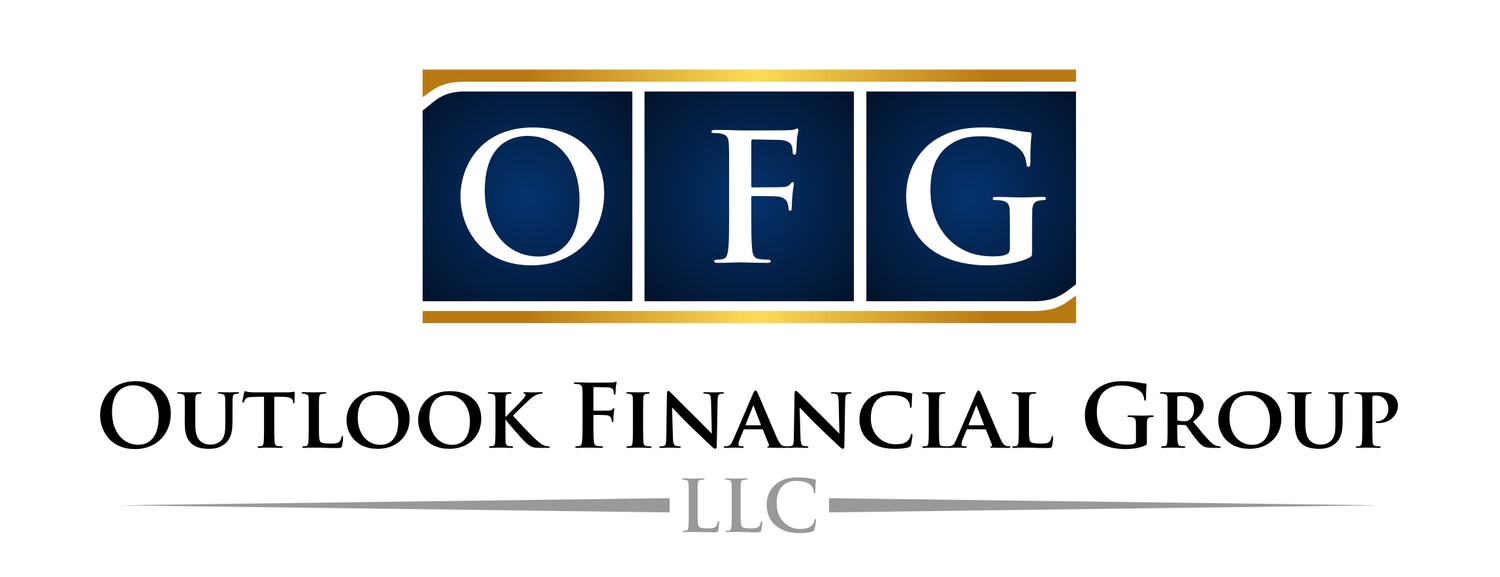With the Presidential election front mind for so many people, we're writing to offer a simple reminder - politics is not an investment strategy. The truth is, we have seen good and bad markets under both Republican and Democrat Presidents, and we will again. In fact, any sitting President has less control over the stock market than most people believe. Policy decisions are complicated and slow-moving, with unintended consequences. Remember also that the stock market is a leading indicator for the economy - the two are related, but not the same thing.
Unless something has changed with your investment time horizon, objectives or risk tolerance, there is no compelling reason to change your investment discipline. We believe investors who stick with their investment strategy and maintain a diversified portfolio are prepared for future market shocks and are well positioned for market corrections.
If you'd like to review your financial goals and current circumstances to help assure that your strategy remains consistent with your needs and preferences, please give us a call. You can always count on us to monitor your account, evaluate market changes and provide appropriate guidance.
GL359 10/20
Investing involves risk including the potential loss of principal. No investment strategy can guarantee a profit or protect against loss in periods of declining values.
Diversification does not guarantee profit nor is it guaranteed to protect assets.
International investing involves special risks such as currency fluctuation and political instability and may not be suitable for all investors. The Standard & Poor's 500 (S&P 500) is an unmanaged group of securities considered to be representative of the stock market in general.
The Dow Jones Industrial Average is a price-weighted average of 30 significant stocks traded on the New York Stock Exchange and the NASDAQ. The DJIA was invented by Charles Dow back in 1896.
The Nasdaq Composite is an index of the common stocks and similar securities listed on the NASDAQ stock market and is considered a broad indicator of the performance of stocks of technology companies and growth companies.
The MSCI EAFE Index was created by Morgan Stanley Capital International (MSCI) that serves as a benchmark of the performance in major international equity markets as represented by 21 major MSCI indices from Europe, Australia, and Southeast Asia.
The 10-year Treasury Note represents debt owed by the United States Treasury to the public. Since the U.S. Government is seen as a risk-free borrower, investors use the 10-year Treasury Note as a benchmark for the long-term bond market.
Opinions expressed are subject to change without notice and are not intended as investment advice or to predict future performance.
Past performance does not guarantee future results.
You cannot invest directly in an index.
Consult your financial professional before making any investment decision.
Fixed income investments are subject to various risks including changes in interest rates, credit quality, inflation risk, market valuations, prepayments, corporate events, tax ramifications and other factors.
Neither the named Broker dealer or Investment Advisor gives tax or legal advice. All information is believed to be from reliable sources; however, we make no representation as to its completeness or accuracy. Please consult your financial professional for further information.
The market indexes discussed are unmanaged and generally considered representative of their respective markets. Individuals cannot directly invest in unmanaged indexes. Past performance does not guarantee future results. The return and principal value of investments will fluctuate as market conditions change. When sold, investments may be worth more or less than their original cost.
